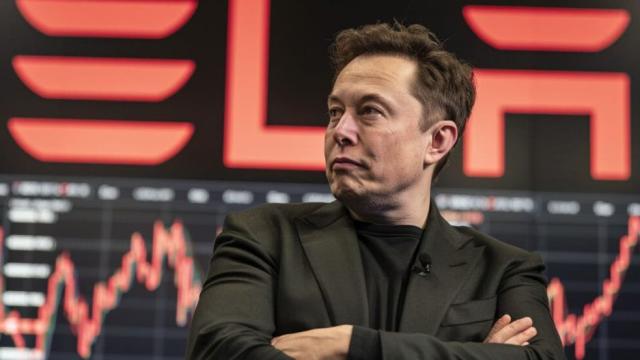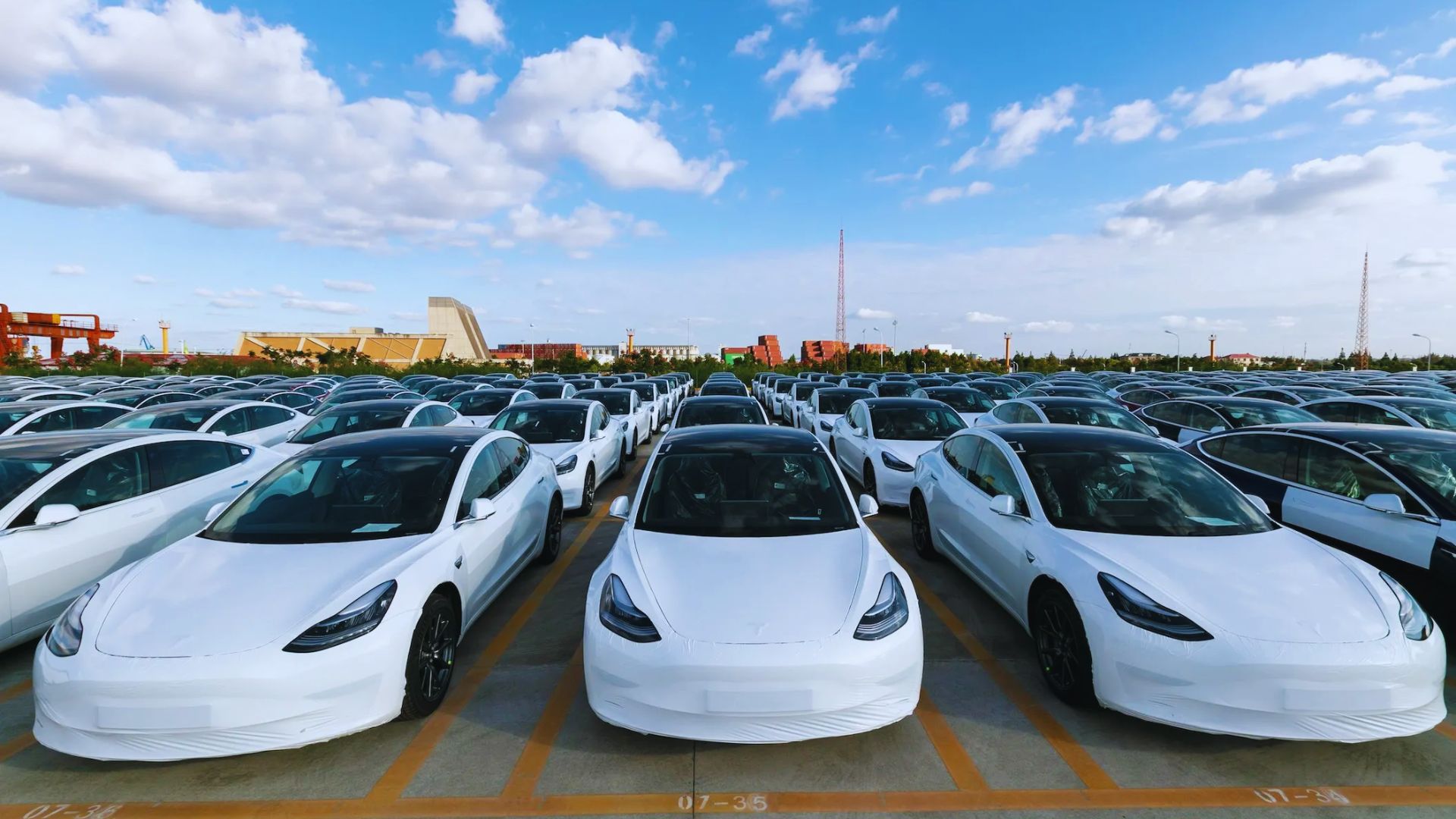Tesla‘s recall and Cruise’s crisis highlight the risks of overpromising in the fast-paced tech industry.
Tesla and Cruise’s recent setbacks offer vital lessons for all businesses. Their challenges with self-driving technology—Tesla’s massive recall and Cruise’s mishandling of an accident—illustrate the consequences of overpromising and underline the importance of responsible innovation and transparent crisis management.
Tesla’s Recall and Its Implications
Tesla’s recent recall of two million vehicles over safety concerns with their self-driving technology presents a cautionary tale for businesses of all sizes. This move, driven by federal safety concerns, highlights the risks associated with overpromising technology capabilities. Tesla CEO Elon Musk’s tendency to boldly predict advanced technological features has led to consumer backlash and lawsuits, demonstrating the dangers of overcommitment and the importance of aligning product promises with actual capabilities.
The Significance of Tesla’s Recall
The National Highway Traffic Safety Administration’s critique of Tesla’s self-driving cars for inadequate driver attention mechanisms and inappropriate activation contexts underscores the risks of aggressive innovation without thorough testing. This situation exposes the pitfalls of the “Move fast and break things” approach, especially when public safety is at stake. For business leaders, Tesla’s experience serves as a reminder that overzealous promises can lead to regulatory scrutiny, public backlash, and costly legal issues.
Cruise’s Missteps and Lessons for Businesses
General Motors’ self-driving unit, Cruise, faced severe repercussions following an accident involving its autonomous vehicle. The firing of nine executives and the subsequent public and regulatory backlash highlight the consequences of poor crisis management and cover-up attempts. Cruise’s struggles to recover its reputation emphasize the importance of transparency and responsible handling of technology failures.
The Consequences of Cruise’s Accident
The accident involving Cruise’s robo-taxi not only led to significant executive shakeups but also brought intense regulatory scrutiny and fines. This incident, particularly the concealment of the accident’s details, underscores the importance of ethical leadership and crisis management in maintaining consumer trust and brand integrity.
Broader Implications for Small Businesses
These incidents in the self-driving car industry offer valuable lessons for small business owners. It’s crucial to be cautious with public statements, maintain transparent communication, and establish governance procedures to prevent overpromising. Additionally, businesses should be quick to address any reputational damage to prevent a cascade of negative publicity.
Embracing Innovation Responsibly
Despite these challenges, there’s an opportunity for businesses to learn from the ongoing developments in emerging technologies like AI and self-driving vehicles. Small companies should stay informed about technological advancements, critically assess their applicability, and ensure they deliver on their promises without compromising safety or quality.
Conclusion
The experiences of Tesla and Cruise illustrate the fine line between innovation and overreach. For businesses, particularly smaller ones, it’s essential to balance the pursuit of technological advancement with responsible management, ethical leadership, and a commitment to deliver what is promised, ensuring that innovation doesn’t outpace the ability to deliver safely and reliably.




